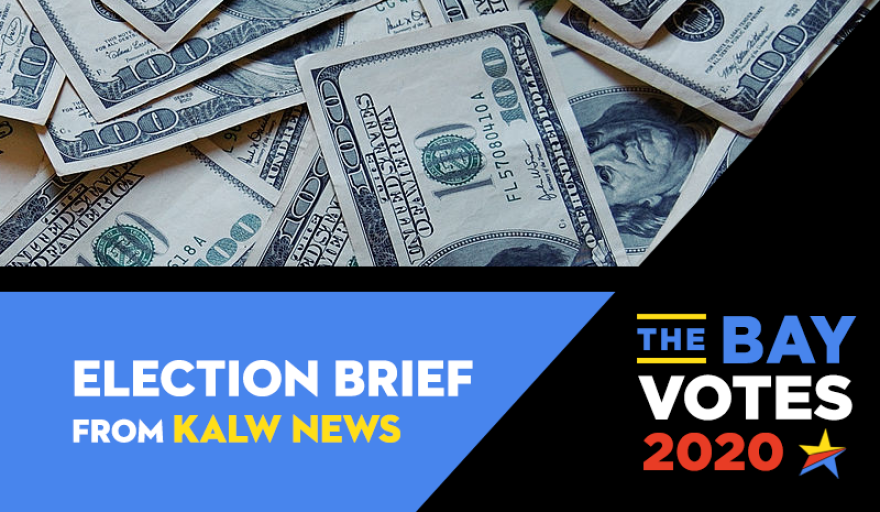This is a 2-minute summary of what’s on the ballot. Click here to listen to them all.
San Francisco Measure L is more popularly known as the “overpaid executive tax.”
Here’s how it would work: Starting in 2022, if a San Francisco-based company’s highest-paid employee makes between 100 to 200 times the median salary of the company's local workforce, then the city would levy a point one percent fee of the company’s total revenues.
This applies only to companies that earn a little over a million dollars in revenues. That fee could increase up to point six percent if the highest paid employee makes 600 or more times the salary earned by its median San Francisco-based worker.
City accounting officials estimate that Measure L could raise an additional $60 to $140 million a year. That would go to the city’s general fund.
The proposal needs a simple majority vote to pass. Those accounting officials also warn this revenue stream would be volatile because of the few companies it would apply to, because of fluctuations in business revenues, and because the tax might prompt executives and their companies to move out.
The San Francisco Chamber of Commerce predicts businesses would do just that. They argue this would diminish the city’s tax base.
A San Francisco Chronicle analysis found Measure L would most affect financial services companies such as Bank of America, JP Morgan, Visa and Wells Fargo, retail companies such as GAP, and food service companies like Chipotle, and telecom companies like Comcast.
San Francisco’s Democratic Party supports the measure, as does the city’s Labor Council and unions.
The San Francisco Republican Party opposes it.
So here’s the summary: If you support the local collection of extra taxes on companies with huge pay gaps between their executives and their average local worker, vote yes. If you think that’s not a good idea, vote no.


